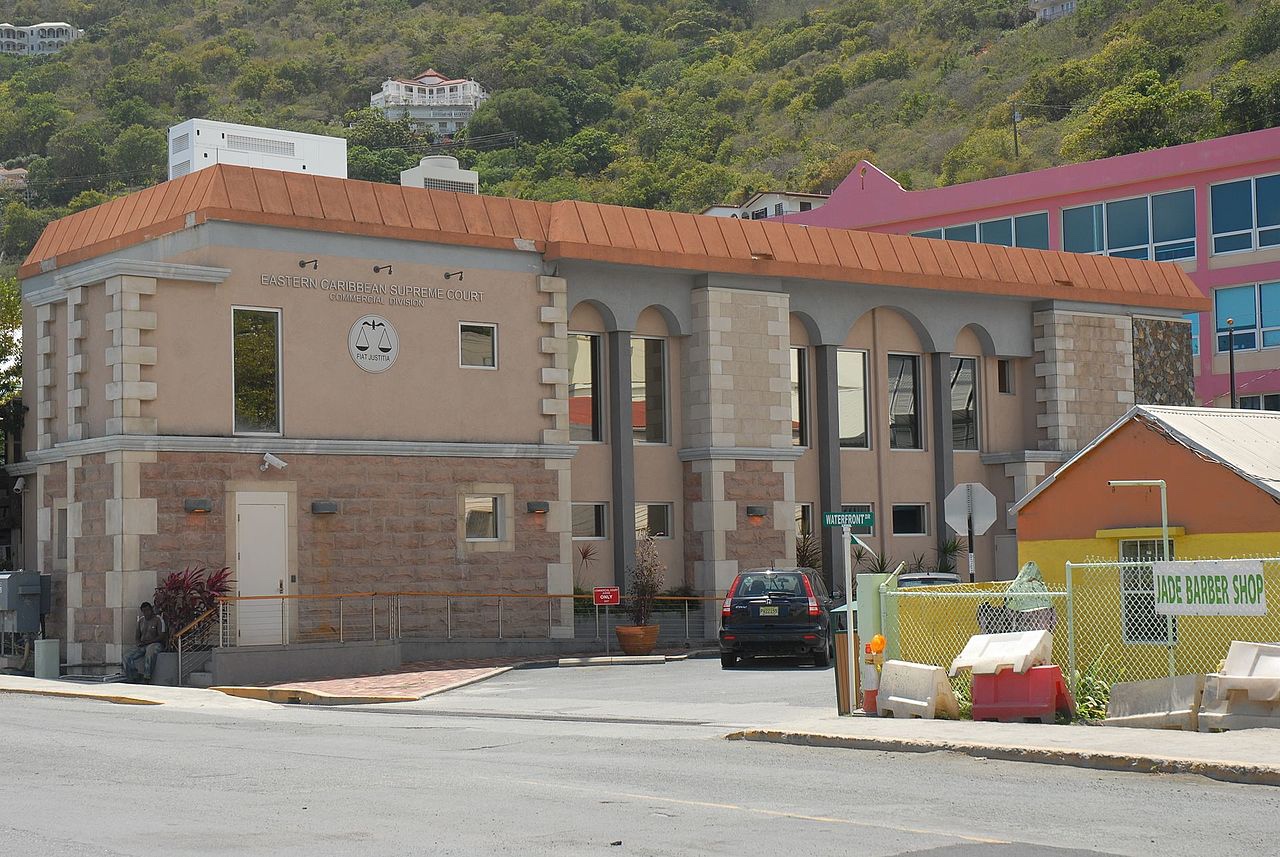The Premier of the British Virgin Islands continues his immigration reform campaign in the House of Assembly
While giving remarks at a recent sitting of the House of Assembly in the British Virgin Islands, Premier Andrew Fahie pressed on with his government’s agenda to overhaul and improve that territory’s immigration system and provided explanations for the reasons why his administration is working diligently to clear the backlog of applications submitted by long-term residents of the territory.
The Premier claimed his government is attempting to avoid the legal liabilities that could arise if expatriate workers take action against the government for failing to take the necessary steps to process and complete their applications within a reasonable time.
Said Premier Fahie, “It is only a matter of time before an applicant becomes frustrated enough to sue the BVI for failing to resolve their application in a timely manner; based on policy or law or for unjustly denying them residency or Belonger status… When we are talking about people whose applications have been pending for 25, 35 and 40-plus years it is easy to see how a court could find that they have a legitimate expectation and the BVI has acted in an unfair manner, or we have breached the rules of natural justice.”
Additional legal exposure could arise if outstanding cases were to be subjected to new rules and regulations without being grandfathered into the system.
Premier Fahie has reined in some of the enthusiasm with which the regularisation proposal had first been made, and is promoting the reforms with a softer approach. He noted the current immigration laws in the British Virgin Islands are archaic and should be updated to conform to the territory’s “new realities” given the fact that 42 years have passed since the current immigration legislation was enacted in 1977.
Other benefits of a revised and updated immigration system, he says, would be to help improve security at the border thereby reducing the occurrence of illegal immigration and human trafficking.




